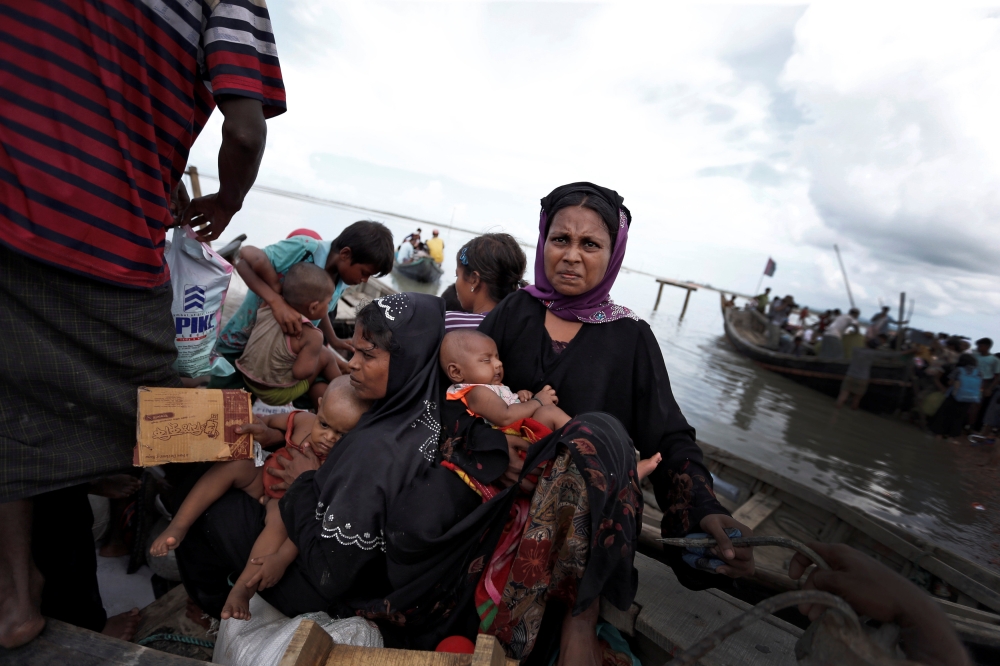
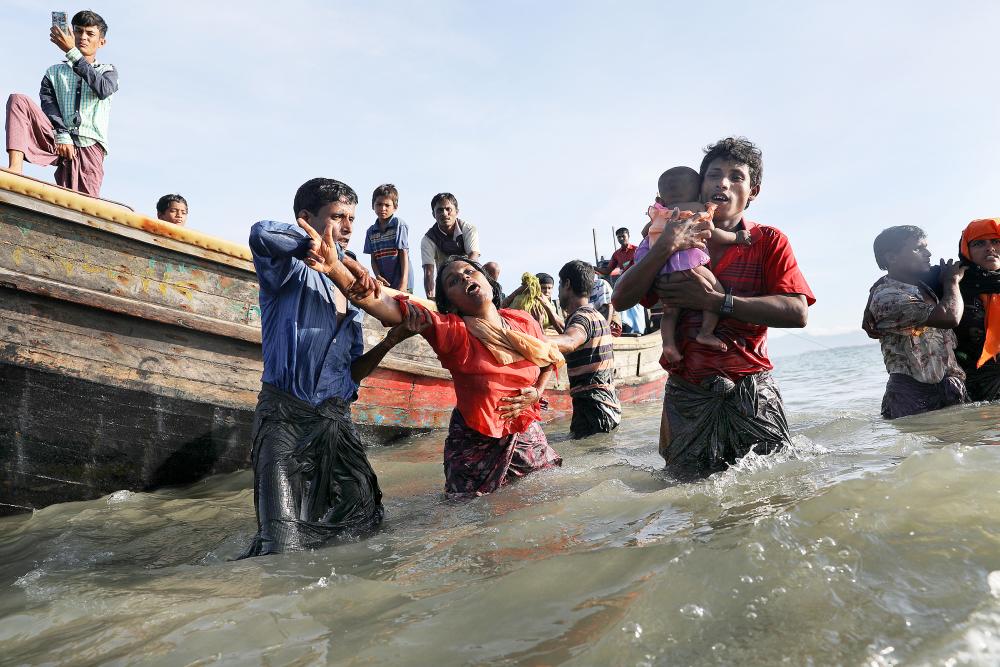
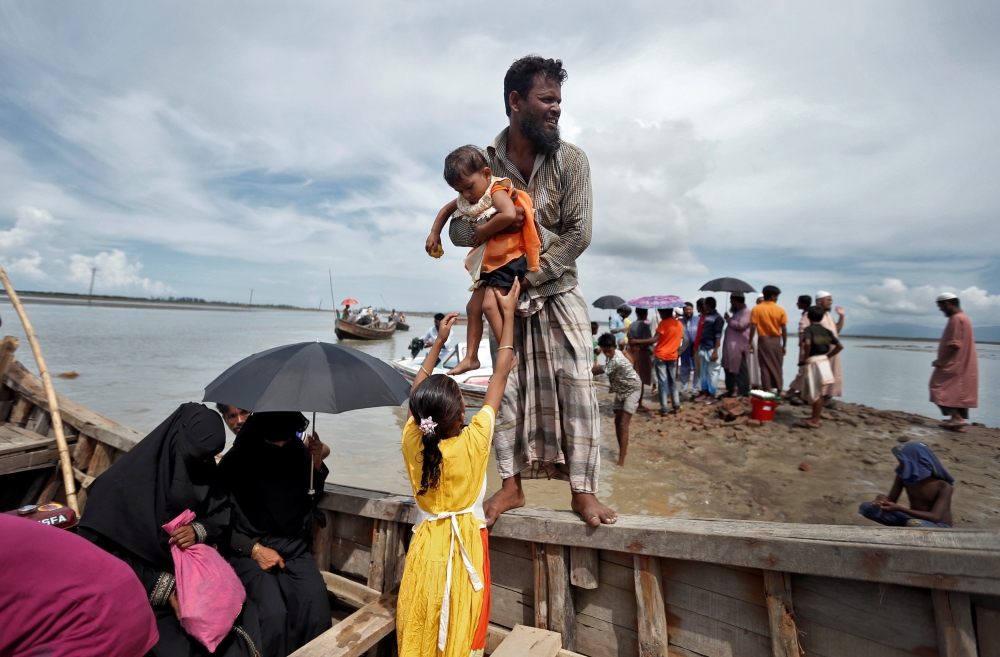
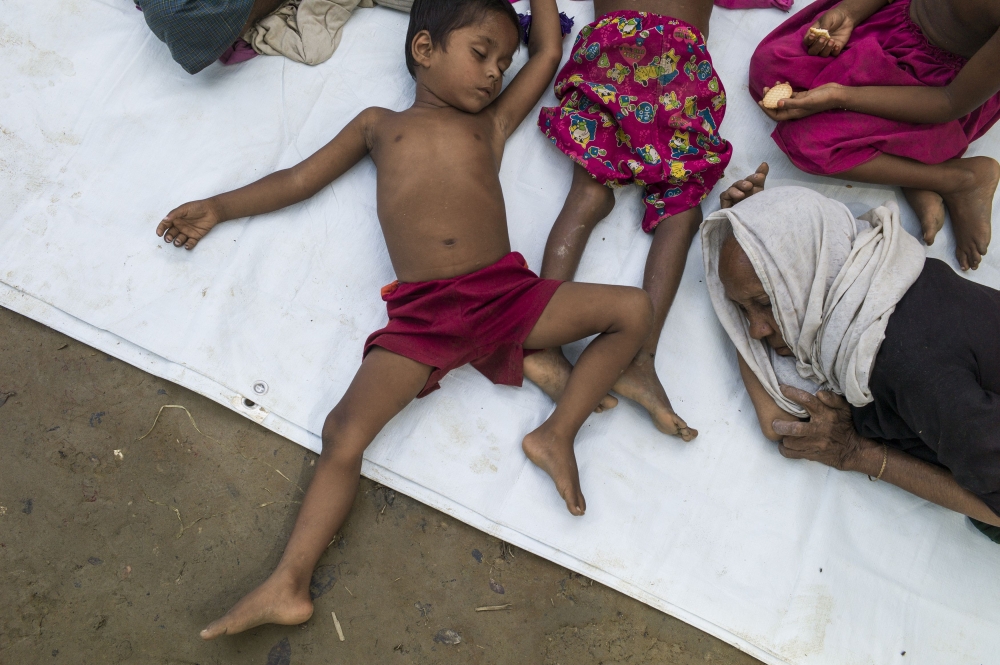
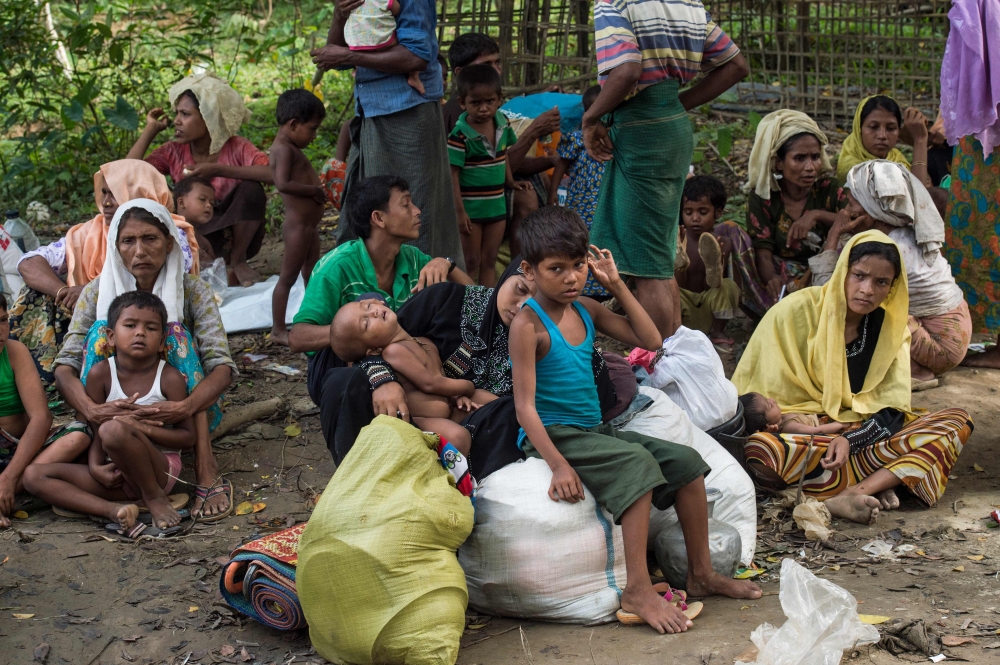
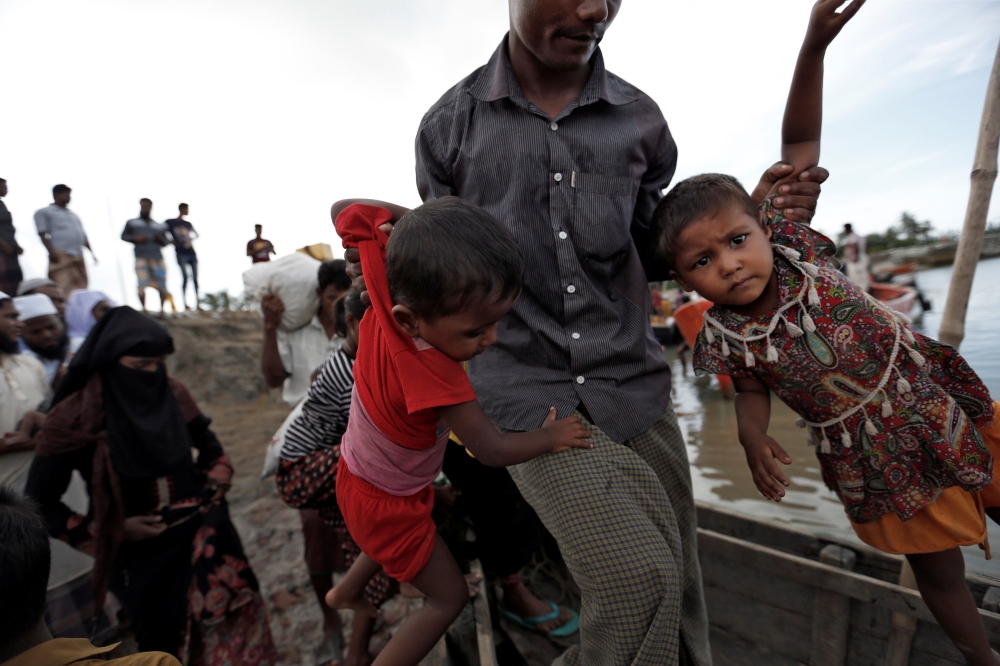
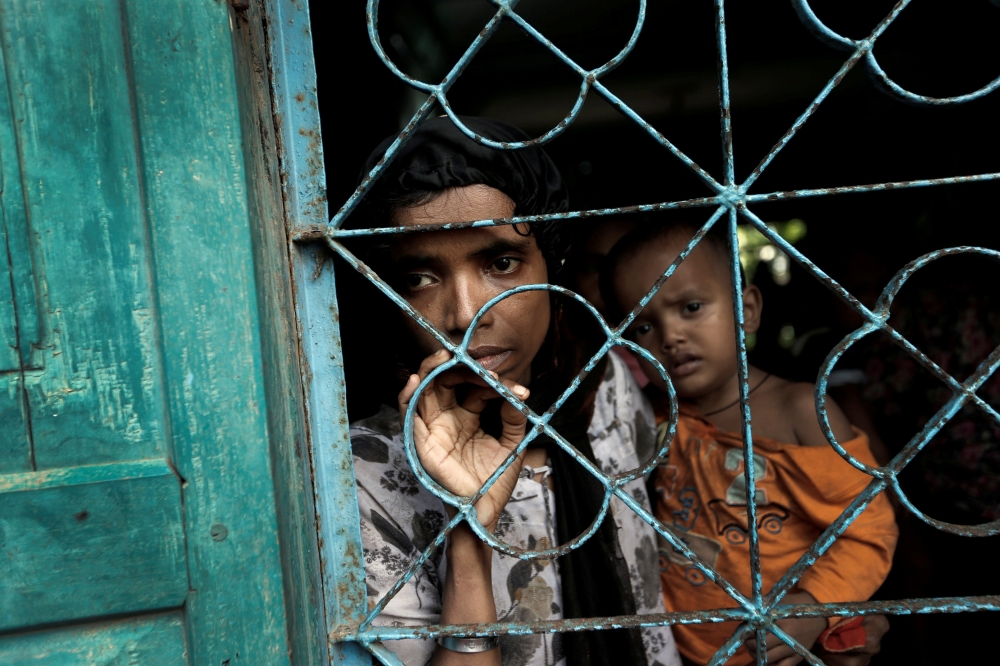
طالبت بنغلاديش، أمس (الإثنين)، بورما بإعادة اللاجئين الروهينغا الذين فروا إلى أراضيها هربا من التطهير العرقي الذي مارسه جيشها ضدهم، وذلك خلال محادثات انطلقت في داكا بين البلدين لضمان عودة أكثر من نصف مليون لاجئ من المسلمين. ودعت رئيسة وزراء بنغلاديش الشيخة حسينة، إلى وضع نهاية لأعمال العنف، وإقامة مناطق آمنة في بورما لتمكين اللاجئين من العودة، وطالبت بتشكيل لجنة تقصي حقائق في بورما تكون تابعة للأمم المتحدة.
وأوضح مسؤول في وزارة الخارجية البنغلاديشية، أن بنغلاديش ركزت خلال المحادثات التي جرت بين وزير الخارجية أبو الحسن محمود علي، والمسؤول في حكومة بورما كياو تينت سوي، على مقترحات الشيخة حسينة لاسيما عودة اللاجئين بشكل دائم.
ووصفت الأمم المتحدة نزوح 507 آلاف من الروهينغا منذ 25 أغسطس الماضي بأنها أسرع أزمات اللاجئين تطورا في العالم، بعدما أعلنت أن بورما ذات الأغلبية البوذية تقوم بعملية تطهير عرقي ضد مسلمي الروهينغا الذين يمثلون أقلية.
وكان هناك نحو 300 ألف لاجئ من الروهينغا في بنغلاديش بالفعل قبل الخروج الجماعي الأخير.
وأوضح مسؤول في وزارة الخارجية البنغلاديشية، أن بنغلاديش ركزت خلال المحادثات التي جرت بين وزير الخارجية أبو الحسن محمود علي، والمسؤول في حكومة بورما كياو تينت سوي، على مقترحات الشيخة حسينة لاسيما عودة اللاجئين بشكل دائم.
ووصفت الأمم المتحدة نزوح 507 آلاف من الروهينغا منذ 25 أغسطس الماضي بأنها أسرع أزمات اللاجئين تطورا في العالم، بعدما أعلنت أن بورما ذات الأغلبية البوذية تقوم بعملية تطهير عرقي ضد مسلمي الروهينغا الذين يمثلون أقلية.
وكان هناك نحو 300 ألف لاجئ من الروهينغا في بنغلاديش بالفعل قبل الخروج الجماعي الأخير.
